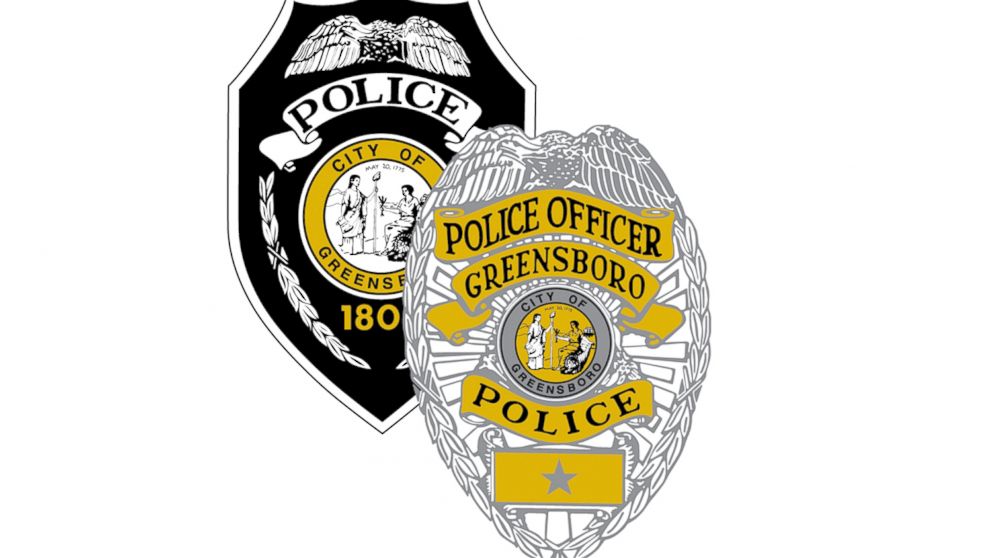Greensboro Police Pull Out of RNC, Cleveland Cries Foul

— -- The Greensboro Police Department in North Carolina has rescinded its offer to send 50 police officers to Cleveland in July to help secure the Republican National Convention, citing a lack of workers' compensation insurance provided by the city for visiting officers, as well as staffing challenges and a failure of logistics and planning for the large-scale event.
Lt. Brian James, Greensboro deputy chief of police, told ABC News that police administrators in other jurisdictions have also expressed a lack of confidence in Cleveland and its preparedness for the upcoming event. He said some departments are declining to send officers while others are still “on the fence.”
“Police work is dangerous by nature. But of course in any situation, we try to plan and prepare as best we can,” James said. “Of course, we will be officers working out of jurisdiction, so we are totally reliant on the Cleveland Police Department for direction. We didn’t have enough information at this time to send our officers there, so we decided we are not going to send them.”
Cleveland's mayor's office released a statement of its own this afternoon, saying they've asked hundreds of agencies to help out, and that none have expressed any concerns.
“Despite rumors, the Division of Police will be prepared and is on track with its planning goals. Plans concerning outside agency support are still being drafted. No outside agencies have expressed preparedness concerns directly to the Division of Police or to the City of Cleveland," the statement reads. It goes on to say that members of the police have received extensive training and instruction on the use of force, crowd management, free speech, freedom of assembly, due process, and reasonable search and seizure. Some officers will also be assigned body cameras.
But Greensboro police might not be the only ones bowing out. Dan Ball, assistant director of media relation's in Cleveland's mayor's office, had confirmed that the Cincinnati Police Department had pulled its officers from the event because of a scheduling conflict. Ball later told ABC News that the police department had not in fact been asked to attend. The Cincinnati Police Department has not returned ABC News' request for comment.
Ball said police departments pull out for various reasons and disputes claims that Cleveland is ill-prepared to host the RNC.
“It’s not true. I don’t understand the motivation. There’s even processes in place to rescind your offer, you call and explain, but you don’t go straight to the media,” Ball said. “I don’t understand the motivation to do that.”
Cleveland's Chief of Police Calvin D. Williams is weighing in, too.
“Cleveland Division of Police is working closely with our law enforcement partners on the federal, state, and local levels to ensure we are prepared for the convention,” Williams said. “We remain on schedule in the planning process, and to reiterate, we will be prepared.”
Cleveland has 1,200 police officers and the Cleveland Police Department is hoping to secure more from other jurisdictions to patrol the city when the convention begins on July 18. Ball says 5,000 officers is a "good estimate" but would not give a final number that they are aiming for because of security concerns. An estimated 50,000 people will attend the convention, according to Cleveland officials.
The RNC has not returned ABC News' request for comment.
James expressed concern over workers' compensation insurance to his boss, arguing that officers would not be compensated for any medical bills if they were injured during patrol in Cleveland.
“In 2012, we assisted the City of Charlotte with the Democratic National Convention and workers' compensation insurance was provided to our officers working this event,” James wrote in a memo. But the lack of insurance this time around for officers in Cleveland “will cause the city of Greensboro to assume responsibility for any reported injuries of our officers serving in their normal capacity but outside of our jurisdiction.”
He was also wary about sending officers because it would leave Greensboro in a “vulnerable” position due to 30 vacancies in its patrol division.
“While we always make a concerted effort to assist our law enforcement partners, we have a responsibility to ensure that we are sending our officers to an event that is well planned and that we do not leave ourselves in a vulnerable situation here at home while we send our officers to assist in another jurisdiction,” he said.
James said his boss, Greensboro Police Chief Wayne Scott, agreed with his concerns and informed Cleveland police of the decision.
Thousands are expected to converge on Cleveland for the political convention, including high-profile politicians, celebrities and protesters. The presence of likely Republican presidential nominee Donald Trump has already raised security concerns, as his political rallies are often fraught with riots, protests, and sometimes violence.
In December, Sen. Rob Portman (R-Ohio) announced that Cleveland would receive a $50 million grant in security funding for the convention.
“Ensuring the safety of convention goers and the Cleveland community is a critical component of the convention planning process,” Portman said during the announcement.
James said police are aware that political conventions can breed civilian unrest -- as was the case in 2012 -- but that this time around, his officers received “no clear direction” in terms of particular patrolling assignments.
“People are exercising their first amendment rights, but at the same time you have to have a plan in place,” James said. “Any political convention is going to be pretty heavily protested from all sides and political views.”
Despite Greensboro's decision to pull out – and potentially other police departments as well – James did not say Cleveland would be unsafe for those attending the convention.



